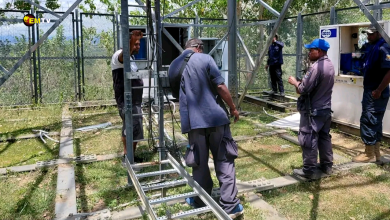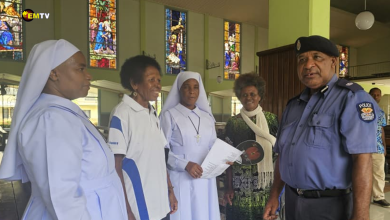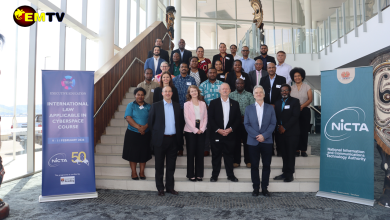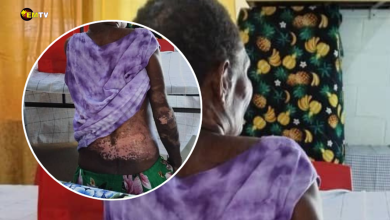Why you shouldn’t believe EVERYTHING you see on FACEBOOK
By Sasha Pei-Silovo – EM TV Online
It’s an alarming global trend where people are being misled by false information or ‘fake stories’ often from individuals, groups and even corporations or organisations for the mere purpose of driving traffic and earning money through advertising.
And if you’re one who has fallen victim to online tricksters, you can be rest assured that you’re not alone. Many Papua New Guineans, drawn by these fabricated stories, have also fallen prey to online deceivers.
The latest swing in the ‘hoax movement’ is fake news from websites that put up entirely fictional, false and misleading stories that are being shared comprehensively by unsuspecting facebook users enticed by the ‘nature’ of the stories seen.
The most recent development in the hoax movement, adds on to the lists of fake facebook accounts, pages, facebook groups, forums and campaigns, among other online shams.
The more clicks, likes and shares an article receives, the higher up it is likely to appear on a facebook newsfeed.
Over the last few weeks, one such occurrence was reported to be from a website called the National Report with a following of over 21, 000 on facebook. The site published a story that claimed that 17 children at a Texas kindergarten had contracted ebola from an exchange student from Liberia. The story was shared nearly 8,000 times by Wednesday afternoon.
Another fake story published from the same site National Report was of the claimed arrest of Banksy, the famed pseudonymous UK-based graffiti artist, political activist, painter and film director. According to the Verge, the hoax story earned the National Report at least 2 million visitors (from the US alone) to its website and a further 5 million visitors worldwide and caused quite a stir amongst the UK public. Contrary to what the website published, Banksy was not arrested and to this day, his identity remains unknown.
The ‘fake-news phenomenon’ is being used by websites who exploit and take advantage of human fear, curiosity, media-trust and the ‘similarities’ of ‘website links’ when posted to facebook. These websites capitalise on these areas, to create fake viral news stories.
Because website links look similar when posted to facebook, unsuspecting people who usually only read through preview text, will go ahead and hit ‘like’ or ‘share’, further contributing to the spread of these ‘fake news’ without verifying the authenticity and trustworthiness of the websites where these stories are sourced from.
Some websites that thrive in publishing fake news are going as far as producing videos and imagery to go along with their hoax stories; some even placing logo’s of credible media organisations such as CNN on their images and videos to make them seem real.
The same can be said for sites that present images of children that are edited through photo shop or other photo editing programs. These images depict children suffering from rare and unimaginable ailments with photo captions that encourage facebook users to go on ‘liking’ and ‘sharing’ the articles.
Founder of Emergent Craig Silverman, a website that tracks and verifies viral news stories, in an interview with the Verge, said that this latest trend is a deliberate attempt to deceive, as opposed to satirical websites that are known for their irony and mocking stories.
“What we’ve seen emerge over the last year is a much more malicious breed of [fake news story] which are not driven by trying to do comedy or satire, but by what kind of fake stuff we can spin up to get shares that earn us money”, Craig Silverman.
So for Papua New Guineans on facebook, beware of fake news and remember to always check the websites you’re obtaining your news stories from, not all appear as they seem.






